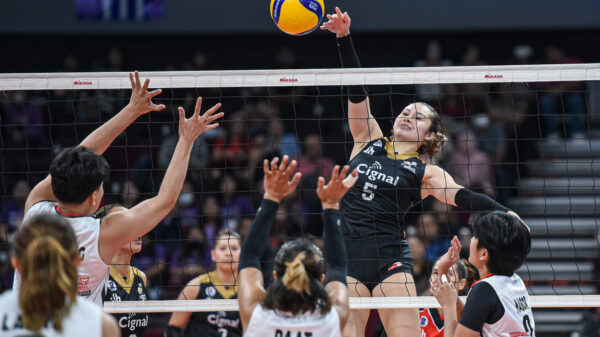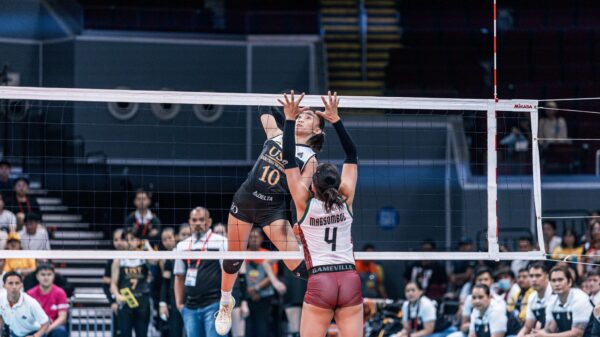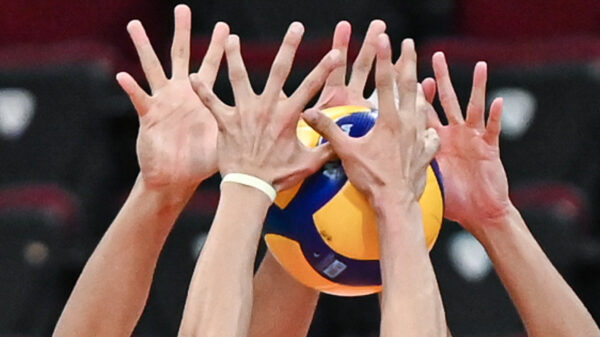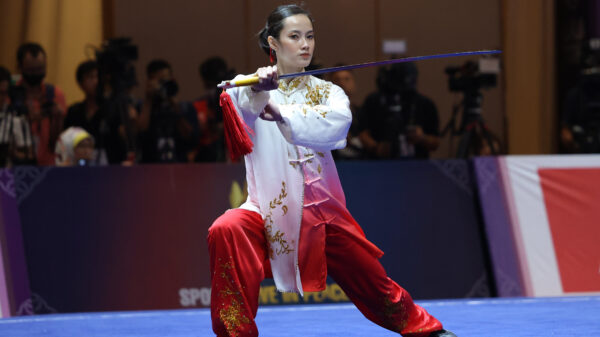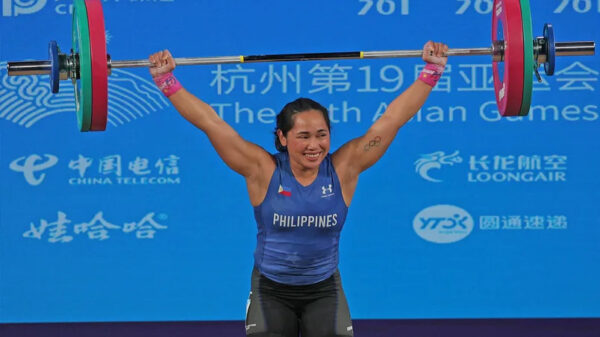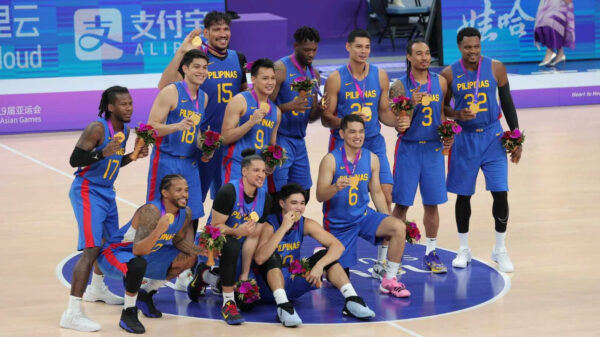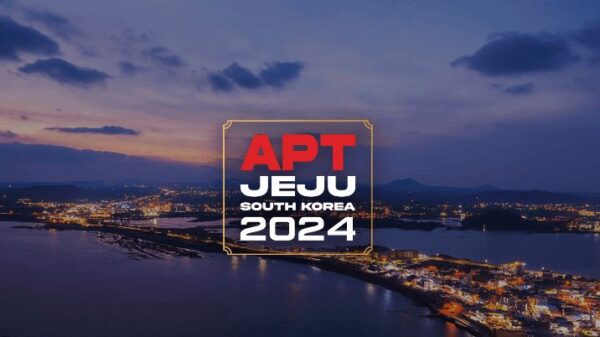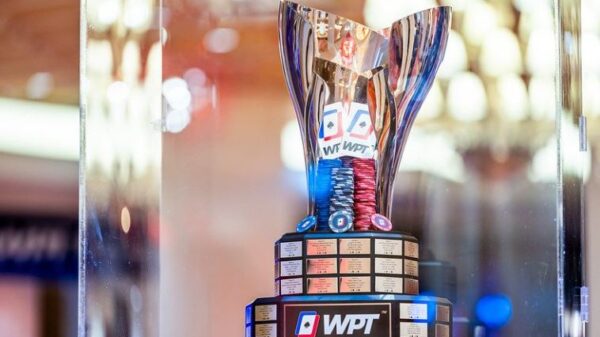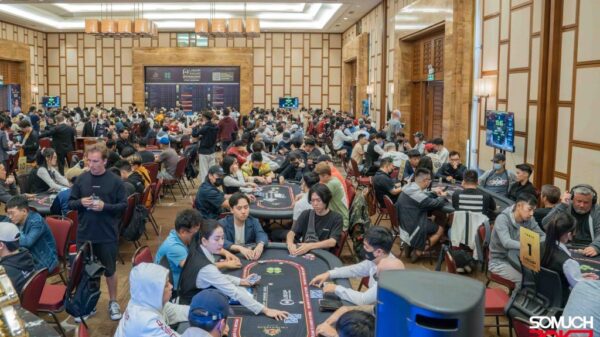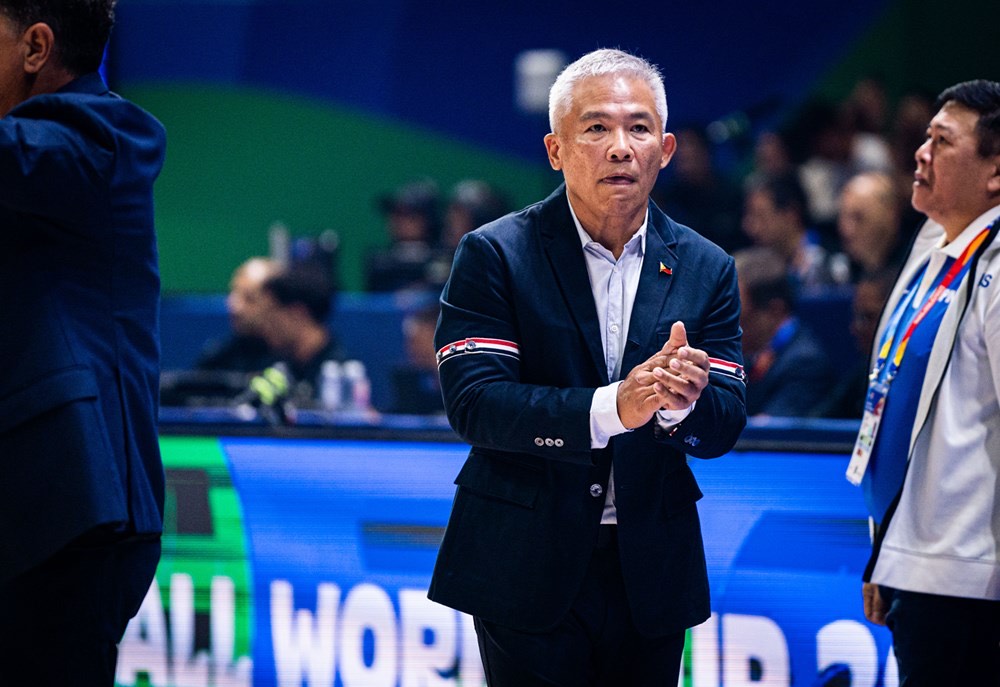Gilas Pilipinas is treading a bumpy and dangerous road to realize its dream of securing a berth in the 2024 Paris Olympics.
The Filipinos have two ways to reach next year’s Summer Games — one is ending up as the best-placed Asian team in the ongoing FIBA World Cup or going through a harder route of winning a ticket through Olympic qualifying tournaments.
The first option would be quicker but not necessarily an easy one.
Despite dropping all of their three games in the first round, Gilas remain in the thick of the battle to end a decades-long Olympic absence since participating in Munich back in 1972.
All the Filipinos need to do is win all of their remaining two assignments in the classification round against the cagers from South Sudan, whom they are playing at press time, and China on Saturday then pray that all other Asian teams drop all of their games.
“First in context is the win-loss record. So, if the Philippines ends up with two wins, Japan one win, China one win, Iran no wins, the Filipinos (would) come through. That’s the first measure, the win-loss record,” FIBA World Cup event director David Crocker explained.
No one among the participating Asian teams — including Japan, Iran, Jordan and Lebanon — has advanced to the second round.
FIBA co-host Japan, however, was the first Asian squad to score a victory after beating Finland, 98-88, last Sunday before China ambushed Angola, 83-74, and Lebanon beat Ivory Coast, 94-84, to inch closer to the elusive Olympic slot.
In case of a deadlock in win-loss records, the Asian team that will head to Paris outright will be determined through a point ratio tiebreak.
“Now if we have teams with the same win-loss records say Filipinos won, China won, Japan won, then we go on a point ratio for-against and then it will balance out there. So that’s the measure. Win-loss record No. 1 and then if we have an equal win-loss record (it will be decided by) point ratio,” Crocker said.
“Nothing is easy to get to Paris 2024 but the most direct is to win more games than anybody else here in Asia in this tournament.”
The FIBA World Cup has also reserved two Olympic slots for the two best-ranked teams from the Americas, one for Africa, two for Europe and one from Oceania.
“Right now, we are trying to determine the top finishing nation here at the FIBA World Cup will get the automatic berth to Paris 2024 so that’s what it’s all about,” Crocker said.
Then there are the OQTs.
“But it’s not over, if you don’t pick up this qualification spot then there’s the qualification tournaments as well so there’s another process,” Crocker said.
But going through the OQT is like threading the proverbial eye of the needle.
“Now that’s even tougher competition because that is a mix of European, American, Asia (teams). Then you’re really playing again (to get an Olympic berth).”
With two roads leading to the Olympics, it’s up to Gilas which path they would take: The hard or the harder way?



